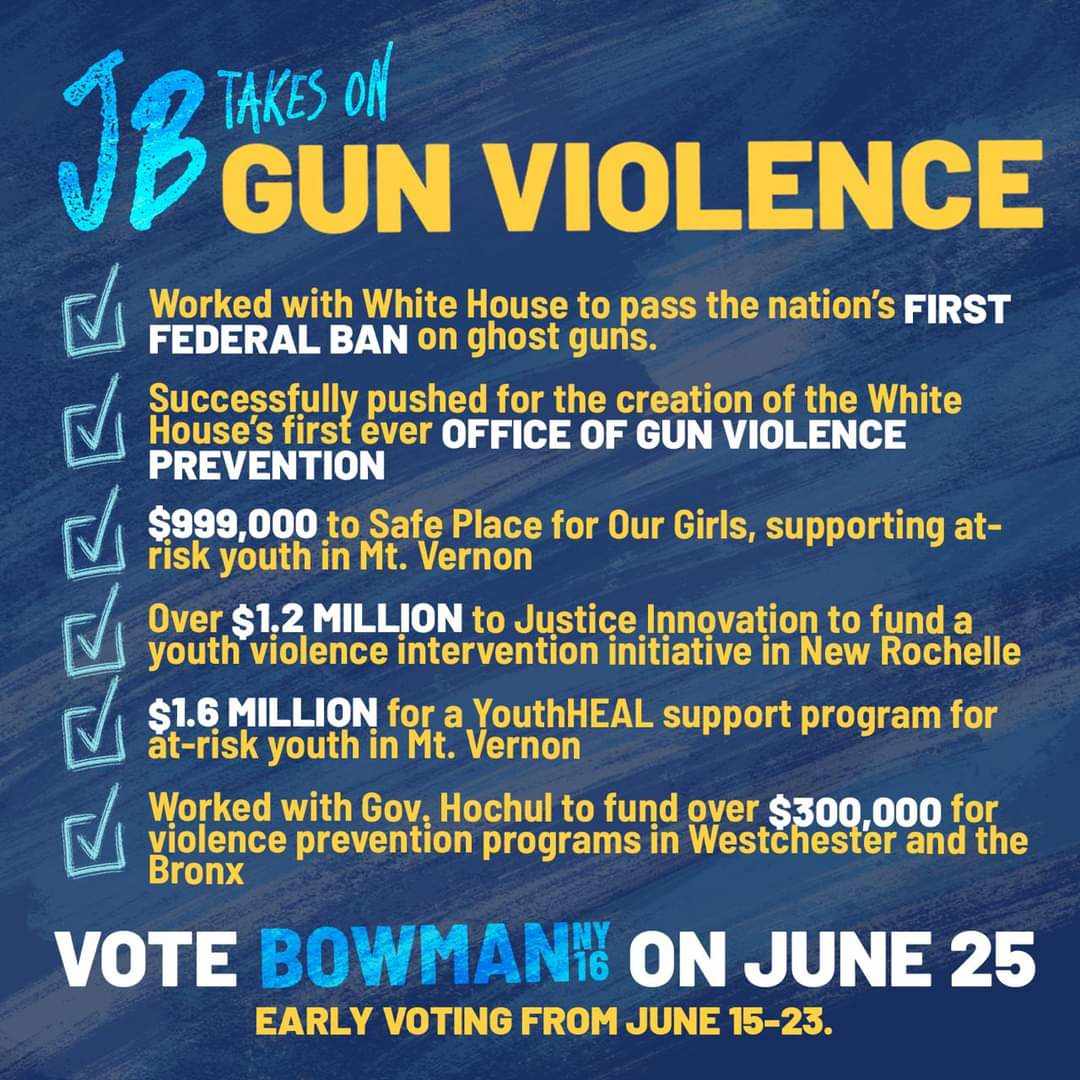On the heels of new polling showing New Yorkers overwhelmingly support legislation to reduce single-use plastic packaging, Senate Majority Leader Andrea Stewart-Cousins is still not advancing a bill that would reduce plastic to save taxpayers money while protecting our health, the climate, and environment
On Thursday May 23rd dozens of Westchester county residents and environmental leaders held a news conference at Van Der Donck Park, located at 1 Larkin Plaza in Yonkers, urging Senate Majority Leader Andrea Stewart-Cousins’ to not weaken the Packaging Reduction and Recycling Infrastructure Act (A5322B Glick / S4246B Harckham) and bring the bill to the Senate floor for a vote.
Environmental leaders who spoke out at the presser including Raya Salter, Founder & Executive Director, Energy Justice Law & Policy Center; Keiko Niccolini, NAACP-Peekskill Branch and Mothers Out Front; Jess Galen, Trustee, Dobbs Ferry; Bill Seratorre, Chief Sustainability Officer, Yonkers; Courtney Williams, Westchester Alliance for Sustainable Solutions; Rand Manassee, Federated Conservationists of Westchester County; Nyah Estevez, Beyond Plastics, Grassroots Environmental Education; Food & Water Watch; Westchester Alliance for Sustainable Solutions; Indivisible NYCD16. (You see press conference in its entirety in video below.)
LIVE: Supporters gather for a news conference in Senate Majority Leader Andrea Stewart-Cousins' district, urging her to support, not weaken, and pass the Packaging Reduction and Recycling Infrastructure Act (S4246b). https://t.co/JMC6LwAPE0
— Beyond Plastics (@PlasticsBeyond) May 23, 2024
Chants of “People Over Plastics,” “New York Is Not Disposable.” and “Bring It To The Floor Now” could be heard clearly as several birds chirped loudly as if in agreement when the crowd.



Broad public support from New Yorkers for the Packing Reduction & Recycling Infrastructure Act! A new Siena Research polls finds that a strong majority of voters support Senator Pete Harckham who represents New York’s 40th Senate District and is the Chair of the Senate Committee on Environmental Conservation and Pro-Choice Lesbian feminist State Legislator for New York Assembly District 66 Deborah Glick’s commonsense bill.

“The disposal costs of the excessive amounts of plastic waste in our communities are hurting taxpayers,” Senator Pete Harckham tweeted on Tuesday, May 21st;

Beyond Plastics replied, “We couldn’t agree more. That’s why we hope people will call @AndreaSCousins and @carlheastie to urge them to bring this bill up for a vote ASAP. We’re down to 9 session days and there’s no time to waste in reducing single-use plastic packaging waste in NYS. #peopleoverplastic“
Following the news conference, the group went go to the nearby district office of Senator Stewart-Cousins on Wells Ave to present a petition with over 30,000 signatures in support of the legislation.
Westchester taxpayers spend millions every year to send their waste to the polluting Peekskill garbage incinerator. But the Packaging Reduction and Recycling Infrastructure Act will reduce the quantity of waste being burned and reduce the toxicity of the waste. The bill will also reduce plastic packaging and dangerous microplastics, save tax dollars, and bring more enormous benefits — especially to environmental justice communities.
Because the Packaging Reduction and Recycling Infrastructure Act would provide new money to fund recycling programs to local governments, over 30 localities across the state have passed resolutions urging Albany leaders to pass the bill, including Westchester County. The New York City Council recently passed a resolution in support, and Mayor Adams released a memorandum of support in favor of the legislation.
“Even though New Yorkers overwhelmingly support reducing single-use plastic packaging, Senate Leader Stewart-Cousins is not advancing the Packaging Reduction and Recycling Infrastructure Act,” said Nyah Estevez, a community organizer with Beyond Plastics. “Meanwhile, plastic polluters are harming our health with dangerous microplastics, accelerating climate change, and hurting our environment, and everyday New Yorkers are stuck paying the tab. Leader Stewart-Cousins needs to keep up her environmental leadership and put people over plastic by bringing the bill to a floor vote, without making amendments to weaken it.”
BACKGROUND
The Packaging Reduction and Recycling Infrastructure Act has gained serious momentum, with 79 cosponsors in the assembly and 35 in the senate — a majority in both houses. Two weeks ago, the Assembly Codes and Ways and Means Committees passed the bill and the bill is now in the Assembly Rules Committee. In the Senate, the legislation sits in the Finance Committee.
The Packaging Reduction and Recycling Infrastructure Act (S4246B Harckham/A5322AB Glick)will do just that by transforming the way our goods are packaged. It will dramatically reduce waste and ease the burden on taxpayers by making companies, not consumers, cover the cost of managing packaging. The bill will:
- Reduce plastic packaging by 50% incrementally over 12 years;
- After 12 years, all packaging — including plastic, glass, cardboard, paper, and metal — must meet a recycling rate of 70%;
- Prohibit packaging’s worst toxic chemicals, including vinyl chloride, PFAS, and heavy metals;
- Not allow the harmful process known as chemical recycling to be considered real recycling;
- Establish a modest fee on packaging paid by product producers, with new revenue going to local taxpayers; and
- Establish a new Office of Inspector General to ensure proper compliance.
Because the Packaging Reduction and Recycling Infrastructure Act would save tax dollars, over 30 localities across the state have passed resolutions urging Albany leaders to pass the bill. The New York City Council recently passed a resolution in support, and Mayor Adams released a memorandum of support in favor of the legislation. Recently, 285 organizations and businesses — including Beyond Plastics, Environmental Advocates, NYPIRG, Earthjustice, Blueland, and DeliverZero — issued a memo of support stating “This bill would save tax dollars and position New York as a global leader in reducing plastic pollution.”
Plastics and Climate
Plastic production is already out of control and is expected to double in the next 20 years. As more of our energy comes from renewable sources, fossil fuel companies like Shell and Exxon are seeking to recoup falling profits by increasing plastics production and canceling out greenhouse gas reductions. In fact, half of all plastic in Earth’s history was produced in the last 20 years — the plastic we’re seeing now in our air, water, food, and bodies didn’t even exist before 2000. Plastic is made from fossil fuels and toxic chemicals. Most plastics are made out of ethane, a byproduct of fracking. In 2020, plastic’s climate impacts amounted to the equivalent of nearly 49 million cars on the road, according to a conservative estimate by Material Research L3C. And that’s not including the carbon footprint associated with disposing of plastic.
Plastics and Health
Only about 6% of plastic in the United States actually gets recycled, and only 9% of all the plastic waste ever generated, globally, has been recycled! The rest ends up burned at incinerators, buried in landfills, or polluting rivers and the ocean — an estimated 33 billion pounds of plastic enter the ocean every year. Plastic is being measured everywhere, and microplastics are entering our soil, food, water, and air. Scientists estimate people consume, on average, hundreds of thousands of microplastics per year, and these particles have been found in human placenta, breast milk, stool, blood, and lungs. In fact, new research continues to find that the microplastics problem is worse than previously thought: New research in the New England Journal of Medicine shows that microplastics are linked to increased heart attacks, strokes and premature deaths. Another new study from Columbia University found that bottled water can contain hundreds of thousands of plastic fragments.
Why Chemical Recycling Isn’t a Solution
Because plastics recycling is a failure, the plastics and petrochemical industries are now pushing a pseudo solution: chemical recycling, or “advanced recycling.” This is a polluting process that uses high heat or chemicals to turn plastic waste into fossil fuels or feedstocks to produce new plastic products. It’s a dangerous distraction that’s allowing companies to exponentially increase the amount of plastic — and greenhouse gasses — they put into the world. Learn more from Beyond Plastics’s recent report, “Chemical Recycling: A Dangerous Deception.” These bills do not ban chemical recycling, but simply do not allow chemical recycling to count as real recycling.









